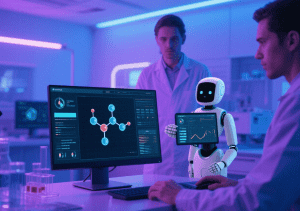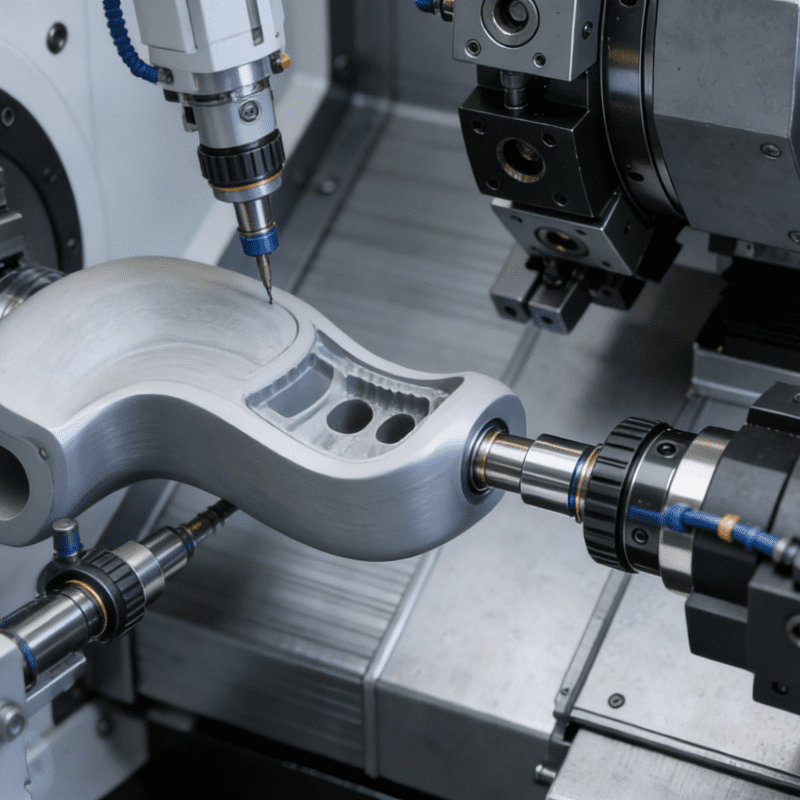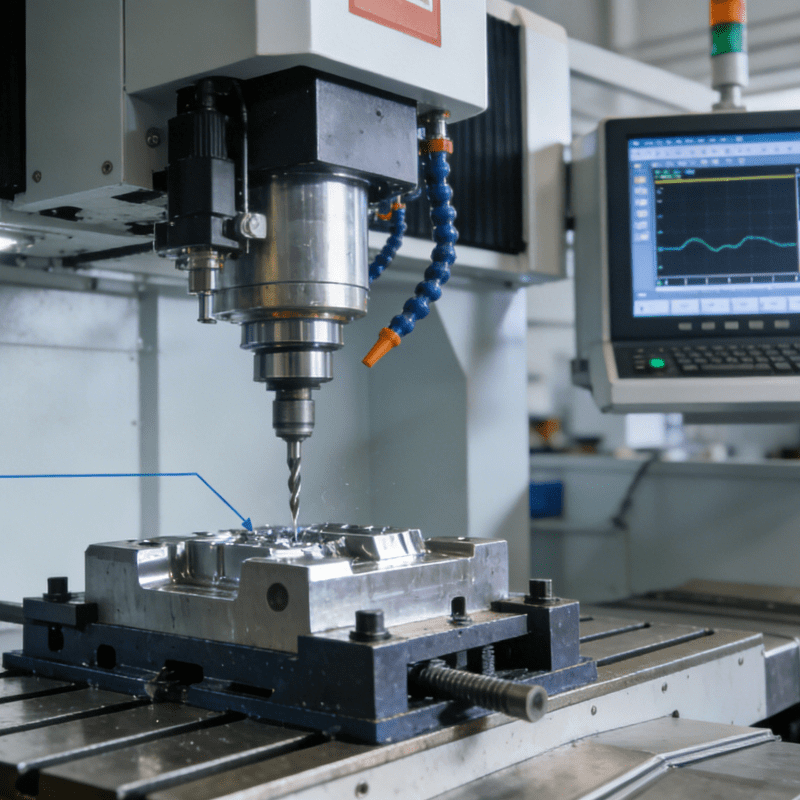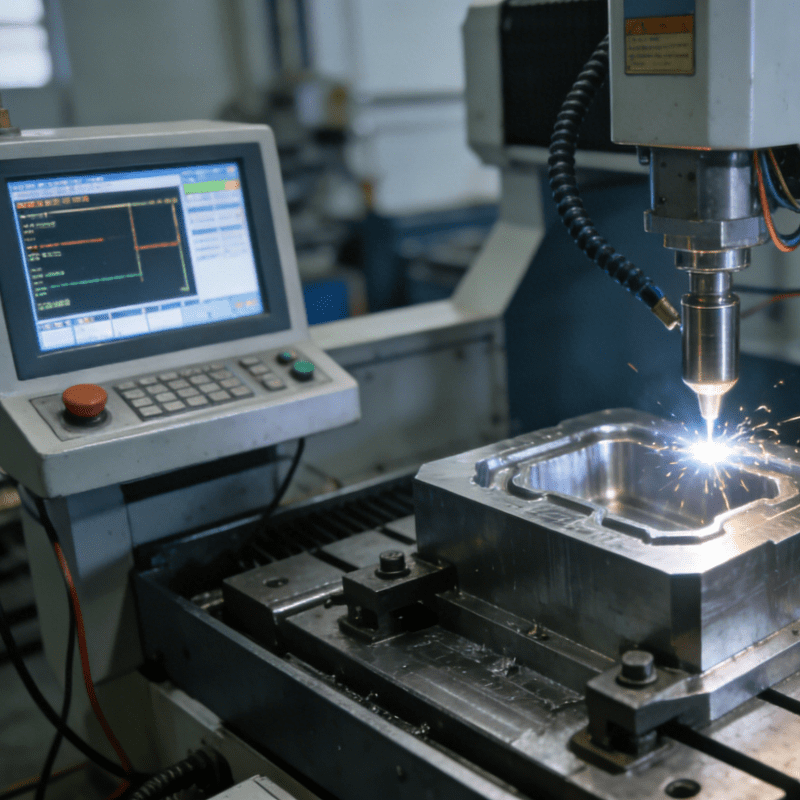Table of Contents
ToggleHow AI Is Orchestrating the Intelligent Automation Revolution: By 2030, No Business Will Operate Without It

As Microsoft tools became indispensable to modern enterprises, the next decade will see artificial intelligence (AI) evolve from a niche technology to the backbone of intelligent automation in every competitive business. This shift extends beyond today’s ChatGPT-like applications; global innovation experts at NIN predict that by 2030, AI agents will function as autonomous collaborators in decision-making, task execution, and human-robot interaction. The driving force? A fusion of AI with intelligent automation, industrial automation frameworks, and cutting-edge automation equipment that redefines how businesses operate.
The AI-Automation Nexus: From Theory to Industrial Reality
Two years ago, AI adoption remained low even in developed markets, but a McKinsey study shows 78% of global organizations now use AI in at least one business function—up from 55% in 2023. This surge is fueled by the integration of:
- Intelligent automationin sectors like agriculture, where AI-driven machines and data processing optimize crop yields—a testament to how AI transforms manual workflows into smart, autonomous systems.
- Industrial automationin manufacturing, where AI enhances predictive maintenance of automation equipment, reducing downtime and boosting efficiency. For instance, Chinese factories already rely on AI to manage robotic fleets, blurring the line between AI and industrial automation.
Tanja Ešberger-Fridl, an innovation expert, highlights that AI now enables real-time data-driven decisions—three times more responsive than traditional methods—by integrating with automation equipment with precision. “We no longer just predict trends; AI generates ideas and executes them, redefining consulting models,” she says.
Autonomous AI: The Next Leap for Automation Ecosystems
Stanford’s 2025 report notes $33.9 billion in private AI investments last year, with UNCTAD predicting the global AI market will hit $4.8 trillion by 2033. This growth signals a shift toward general artificial intelligence (AGI), where:
- Intelligent automationsystems will operate without human intervention, much like teenagers gaining autonomy—analyzing real-time data to optimize supply chains or energy grids.
- Industrial automationwill evolve from fixed routines to adaptive processes, with AI reprogramming automation equipment on the fly to meet changing demands.
Ibon Zugasti, a future studies expert, warns that AGI—expected by 2030—will require global governance, but the benefits are clear: “From self-driving cars to AI-run factories, the next decade will bring more technological change than the past 100 years. Businesses must integrate AI with intelligent automation to survive.”
The Human-AI-Automation Triad: Shaping the Future of Work
While job displacement fears persist, Danijel Capfl emphasizes reskilling: “AI will shift roles, not eliminate them. Companies must foster lifelong learning to equip employees for roles that complement intelligent automation—like overseeing AI systems or maintaining automation equipment.”
Stanford data shows AI-skill job postings rose from 1.4% to 1.8% in the U.S. from 2023–2024, indicating a growing need for humans to collaborate with AI and automation. The future belongs to businesses that view AI not as a replacement, but as a catalyst to enhance industrial automation, optimize automation equipment, and reimagine intelligent automation ecosystems.
In 2030, the question won’t be if a company uses AI, but how deeply it has integrated AI with intelligent automation, industrial processes, and automation equipment to drive innovation. As AGI emerges, the line between human intuition and AI-powered automation will blur, creating a new era where businesses thrive not despite change, but because of it.



















